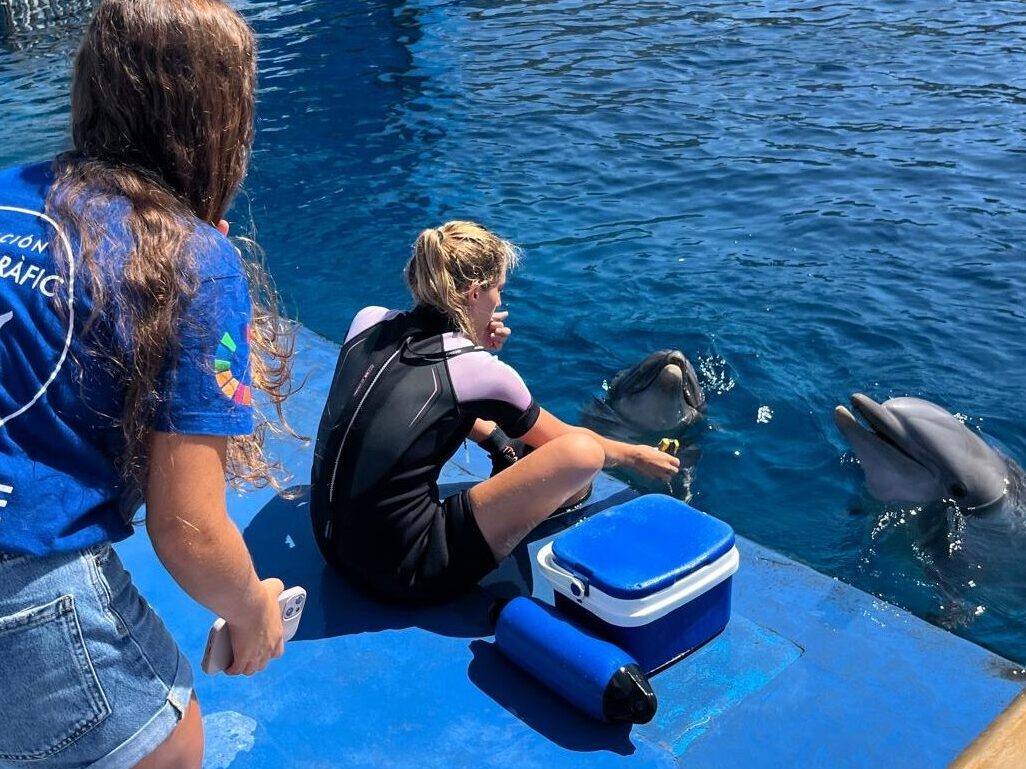Background
Aim & Hypothesis
When marine mammals dive, they are exposed to repeated cycles of elevated pressure and limited oxygen supply, which trigger specific physiological responses, such as the dive response. The autonomic nervous system regulates this response, which helps extend aerobic dive duration and protects vital organs from hypoxia through a reduction in heart rate and peripheral vasoconstriction.
Multiple factors can influence marine mammals’ heart rate during diving, including volitional control, activity level, body mass, dive duration, and hydrostatic pressure.
Lung compression caused by increased dive depth and pressure has been suggested to reduce diving heart rate. While previous studies have reported an association between deeper dives and lower heart rates, they failed to isolate the effect of depth from that of duration, as deeper dives are generally longer.
This study investigated whether depth directly modulates the heart rate and heart rate variability (HRV) of common bottlenose dolphins (Tursiops truncatus) when accounting for breathing frequency and controlling for dive duration and activity. I hypothesized that increasing depth would decrease heart rate due to the physiological effects of pressure on lung volume.
